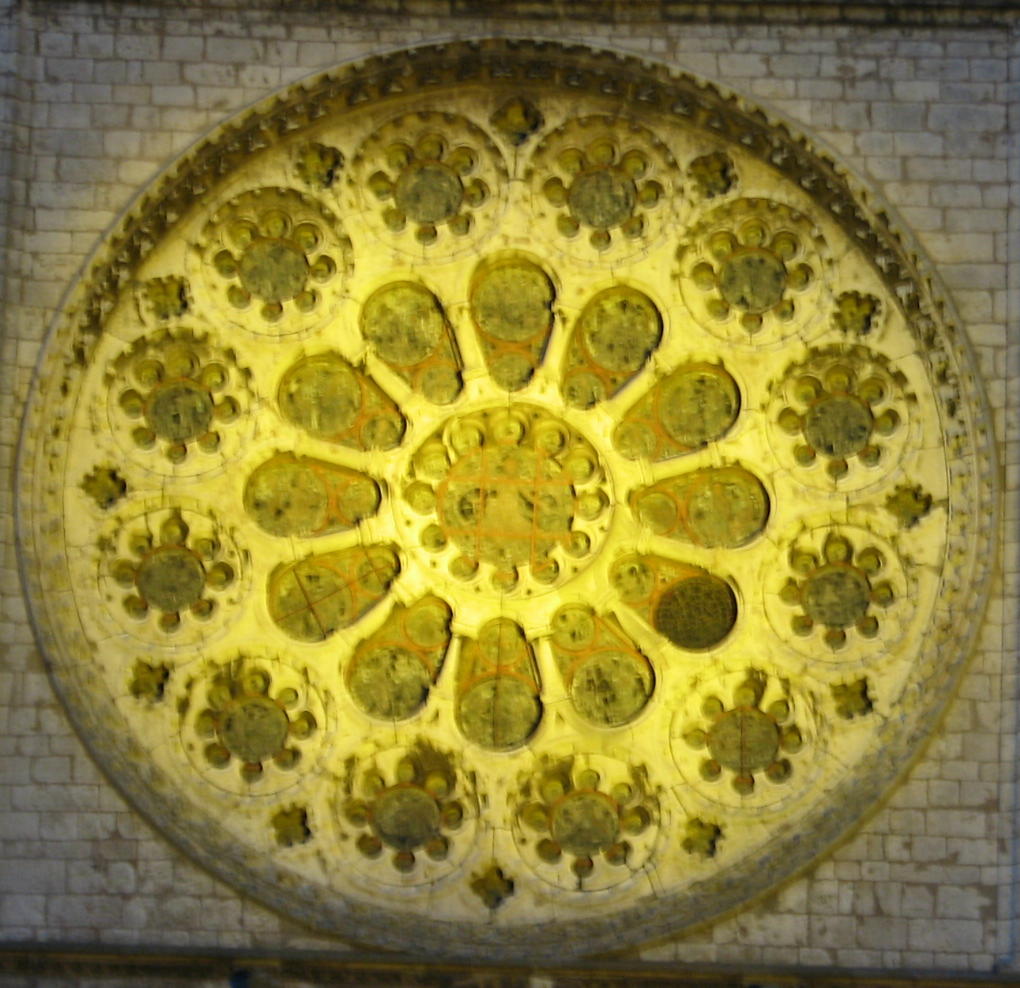When John heard in prison what the Messiah was doing, he sent word by his disciples 3and said to him, “Are you the one who is to come, or are we to wait for another?” 4Jesus answered them, “Go and tell John what you hear and see: 5the blind receive their sight, the lame walk, the lepers are cleansed, the deaf hear, the dead are raised, and the poor have good news brought to them."
Matthew 11:2-5
This is part of the sermon I preached this morning. It was written for a church in transition. But, of course, it was also written for a certain preacher who needed to hear for herself what she had to say.
We tend to run through this list of things Jesus is doing, without giving much thought to the details. We’ve heard the basics so many times. But let’s take a few moments today to pull that list apart, to unpack it and to ask ourselves: What does each set of miracles or signs really entail? To what do they invite us, as individuals? As a church?
The blind receive their sight, says Jesus. Perhaps he is talking not only about literal, physical blindness. What blinds us? What false values, what worn-out suppositions, what past experiences and hurts prevent us from seeing anew? What would it be like to see things differently? Is there something which you’ve always seen and understood in one way that might benefit from another look? Is there something to which you’ve never paid attention that’s calling you to move in for a close-up view?
The lame walk, Jesus tells John. Again, let’s go beyond the literal. What hobbles us? Where do brambles and fallen trees block our path to some place we’ve not been before? Where have we built fences which we now need to take down? Walking involves a complex set of physical interactions which most of us are able to take for granted most of the time: a sense of balance, the co-ordination of muscles and tendons and bones, some strength, some flexibility. If any one of those things gets out of whack, we’re slowed way down, perhaps even stopped altogether. What do we need to tend to in order to be healed of lameness?
The lepers are cleansed. One of the biggest challenges of leprosy in the ancient world was the isolation it imposed upon people. In today’s world, too. True enough, we are unlikely to encounter people suffering from leprosy in our daily lives in northern Ohio. But do we encounter others who have become invisible to us? Have we excluded others in some ways? Of whom we are fearful? And do our resistance and fears in turn isolate us? How might we begin to understand others as people cleansed by God’s love? How might we look for Jesus among the ill and the infirm?
Jesus says that the deaf hear. Hmm, what have we missed lately? When have we failed to listen? Then holidays are prime time for what we might call “failure to hear.” We all have expectations for how events should unfold, expectations that sometimes render us completely deaf to new circumstances and new needs. And even in the most ordinary of times and situations, study after study tells us that listening is a skill we fail to practice. Let’s be honest: How many times are we “listening” – by which we mean waiting for a chance to jump in to tell our own story or to voice our own opinion? What if we decided that learning to listen well might be one of the best ways by which we could show the presence of Christ to others?
The dead are raised, proclaims Jesus. Now, that’s a tough one. In literal terms, who does Jesus raise during his human walk among us? A very few people. But perhaps we need to look at the phrase more expansively. What in us has been deadened, flattened? Where have we become incapable of response, of love? What in us needs to open up, flower into new creativity, be raised anew? Within ourselves? In our personal relationships and friendships? At work? In church? Where is Jesus working to bring forth new life and inviting us to participate in what he wants to accomplish?
The poor have good news brought to them. Are we among the poor? You’ve got this turned around you may be saying to me by now. We are Christ’s church. We need to bring good news to the poor, in the form of both warm blankets for these bitter nights and the warm message of salvation. All true. But let’s humble ourselves a little bit and think: where are we impoverished? Where are we limited? Where is good news being brought to us in ways that will enrich us – not in terms of material wealth, but in ways that will enable us better to show Christ’s love to a broken world?
Old Testament scholar Walter Brueggemann tells us that our God is not a God of scarcity, but a God of abundance. Abundance! Walter Brueggemann tells us that because it’s true, because it’s reflected in these very words of Jesus. Whether as individuals or as a church, we are not called to be fearful or unwilling. We are not called to be people of limitation, impoverished by past disappointments, hesitantly creeping along well known paths.
We are called to be people of vision. We are called to walk forward in confidence. We are called to break down the walls of resistance that isolate us from one another. We are called to hear something new. We are called to new ideas, new approaches, new hope, new life. We are called to the riches of the Kingdom of God.










